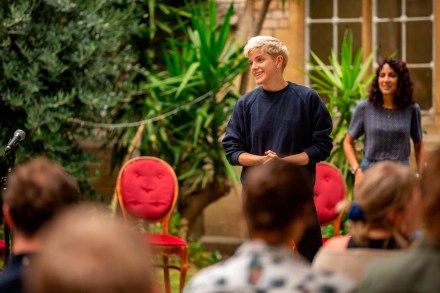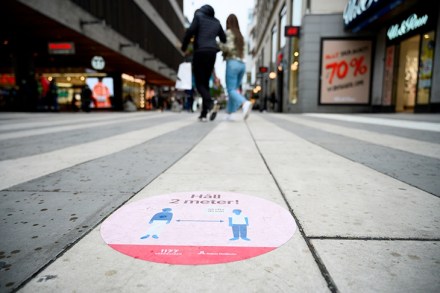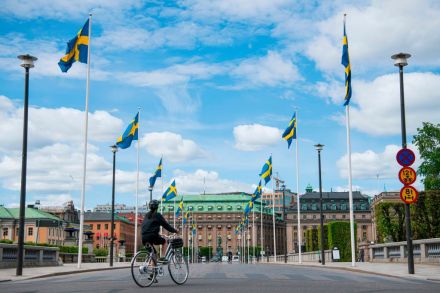The New Normal Festival shows how theatre could return
So the madness continues. Planes full of passengers are going everywhere. Theatres full of ghosts are going bust. My first press night since March took place at a monumental Victorian building in Wandsworth where concerts are staged in an open-air courtyard. The entry process was less fussy than I’d expected. I didn’t need my phone and there was no ‘track and trace’ nonsense. A masked official aimed a ray gun at my face and showed me a reading — 36.4ºC. I’d passed the temperature test. He then pointed me towards a hand sanitiser. ‘Is it compulsory?’ I said politely. A look of fear crossed his eyes, as if violence were




















